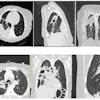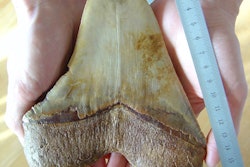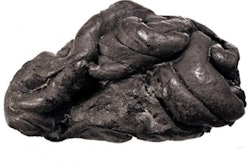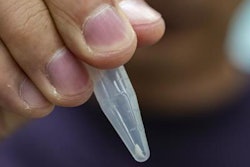DNA preserved in calcified bacteria on the teeth of ancient human skeletons has shed light on the health consequences of the evolving diet and behavior from the Stone Age to the present (Nature Genetics, February 17, 2013).
The ancient genetic record reveals the negative changes in oral bacteria brought about by the dietary shifts as humans became farmers, and later with the introduction of food manufacturing in the Industrial Revolution, according to researchers from the University of Adelaide Centre for Ancient DNA (ACAD), where the research was performed.
It is the first record of how evolution during the last 7,500 years has impacted the bacteria humans carry and the important health consequences, noted Alan Cooper, ACAD director and leader of the study. Oral bacteria in modern man are markedly less diverse than historic populations, and this is thought to contribute to chronic oral and other disease in postindustrial lifestyles.
The researchers extracted DNA from tartar from 34 prehistoric northern European human skeletons, and traced changes in the nature of oral bacteria from the last hunter-gatherers, through the first farmers to the Bronze Age and medieval times.
Dental plaque represents the only easily accessible source of preserved human bacteria, the researchers noted. Genetic analysis of plaque can create a powerful new record of dietary impacts, health changes, and oral pathogen genomic evolution, deep into the past.
They found that the composition of oral bacteria changed markedly with the introduction of farming and again around 150 years ago. With the introduction of processed sugar and flour in the Industrial Revolution, the diversity in oral bacteria dramatically decreased, allowing domination by caries-causing strains. As a result, the modern mouth basically exists in a permanent disease state.



















